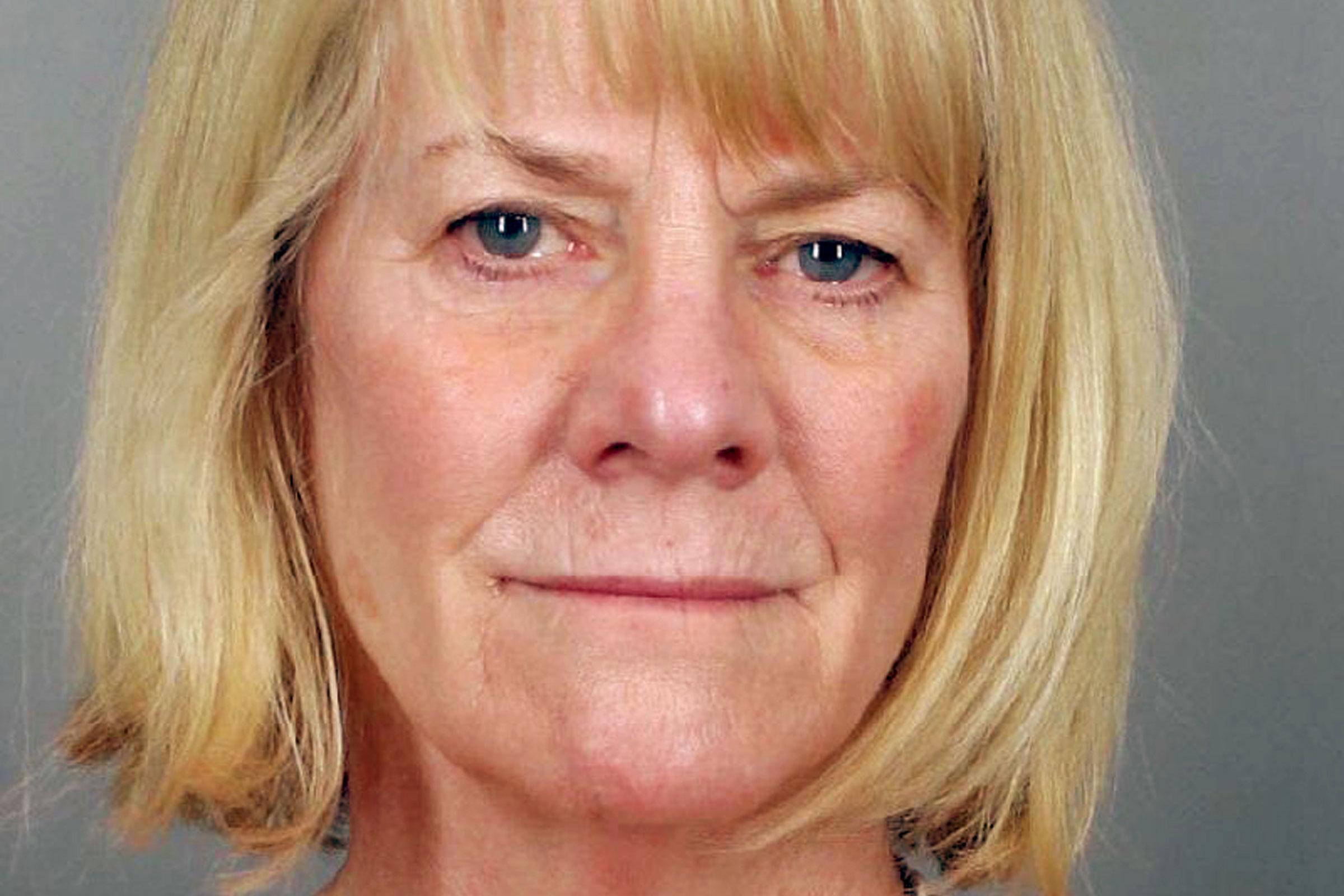
Published 5:47 p.m. | Updated 7:43 p.m.
A Colorado appeals court says a defense investigator who has been jailed indefinitely for refusing to testify in a death penalty case cannot testify as a witness of the court rather than by prosecutors' subpoena.

Greta Lindecrantz, a Mennonite who opposes capital punishment, was jailed Monday after she repeatedly refused to testify about her work on the defense team representing a man on death row.
Lindecrantz requested Thursday that she be allowed to testify as a court witness instead. A district judge denied that request Friday, and the Colorado Court of Appeals affirmed the decision Friday evening.
The appellate court's ruling says, "We take no pleasure in declining to extricate her. But the state of the law being what it is, decline we must." The ruling keeps Lindecrantz in jail.
The investigator has repeatedly refused to testify about her work on the defense team of Robert Ray, who is on death row.
Mari Newman, Lindecrantz's attorney, told the appeals court that her client's religious beliefs prevent her from being used "as a tool of those seeking to execute a fellow human being" but was offering to testify through another path -- one that was turned aside by the appeals court.
Matthew Grove, an assistant solicitor general representing District Court Judge Michelle Amico, argued that the request would make the judge a participant in the case rather than a "neutral arbiter" and "upend" normal court procedure.
"What we can't have, just from a systemic standpoint, are witnesses who decide they can start dictating terms" when responding to a subpoena, he said.
The appeals court judges seemed skeptical of Lindecrantz's request. Judge Jerry Jones said the investigator should be asked the same questions and provide the same answers whoever calls her to testify while Judge Diana Terry said the request boiled down to "semantics."
Newman said Lindecrantz's position is a "nuanced one," but she feels that testifying at the prosecution's request makes her a participant in the effort to put Ray to death.
Ray's current defense team is challenging his death sentence, partly by arguing that his legal team wasn't effective during trial in 2009. Prosecutors seeking to have the sentence upheld have argued that his representation was good and subpoenaed Lindecrantz, along with questioning Ray's original defense team.
Earlier: Gamesmanship Or Higher Debate? Appeals Court To Hear Mennonite Investigator’s Case









